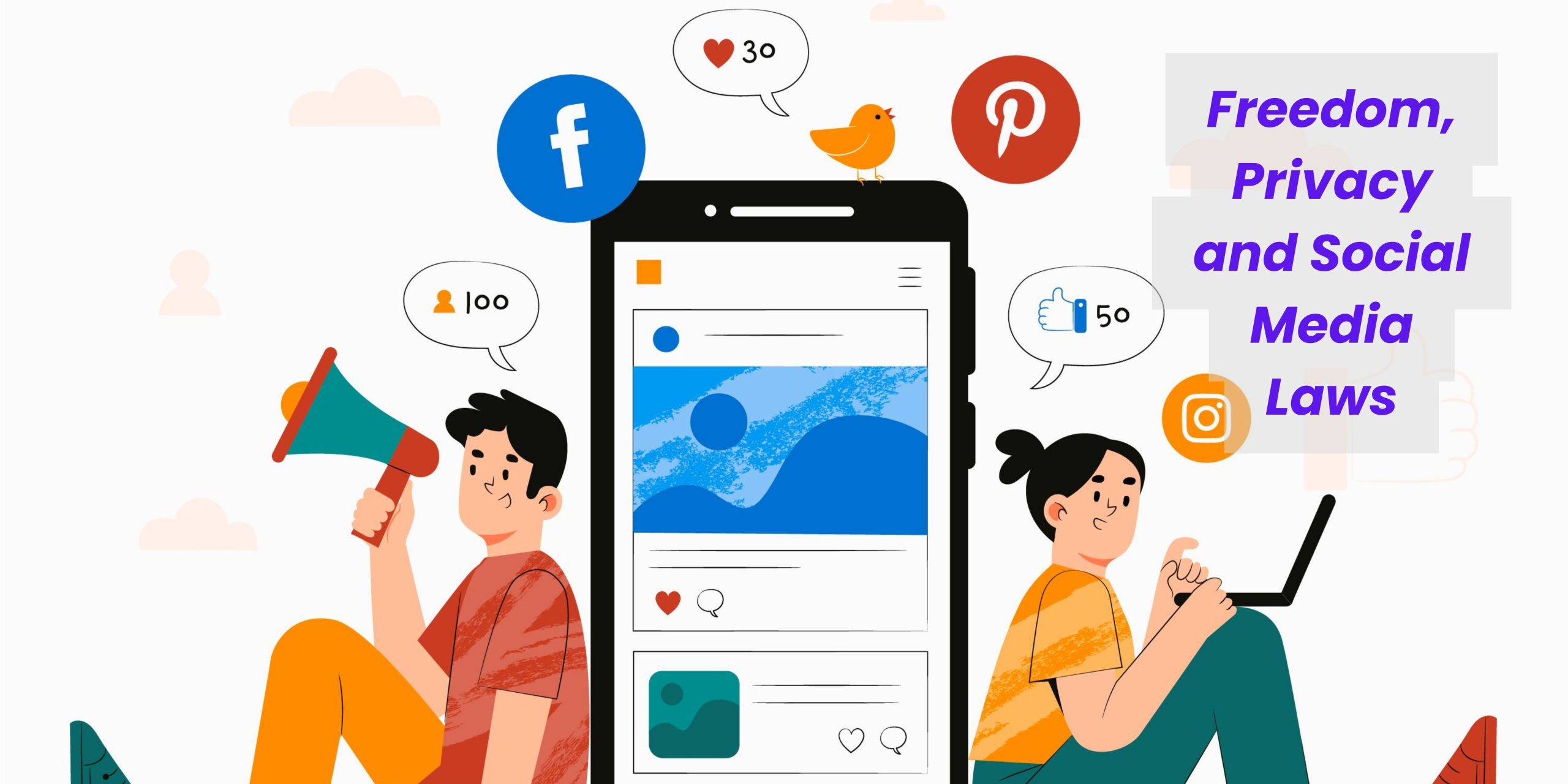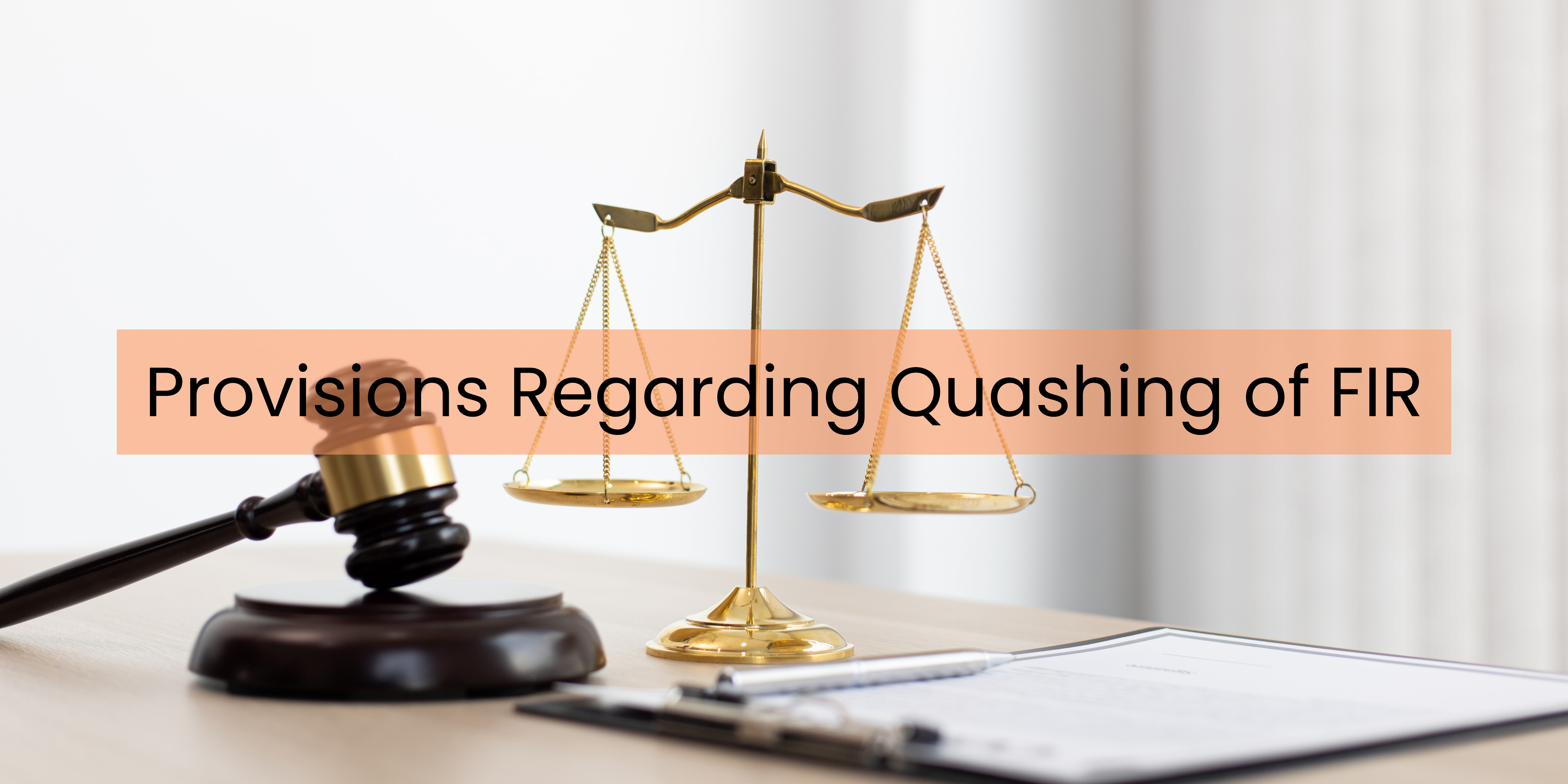In today’s digital age, social media platforms have become integral parts of our lives, connecting us globally while simultaneously raising concerns about privacy and free speech. The interplay between social media laws, ensuring free expression, and safeguarding online privacy poses a significant challenge. Finding the right balance is crucial to protect individuals while fostering an environment for open dialogue and diverse opinions.
Understanding Social Media Laws
Social media laws refer to rules and regulations set by governments to govern online interactions, protect user data, and maintain order in the digital sphere. These laws aim to strike a balance between the right to free speech and the need for privacy and safety online.
The Dilemma: Free Speech vs. Privacy
Free speech is a cornerstone of democracy, allowing individuals to express opinions and ideas freely. On social media, this freedom enables people to voice their thoughts, advocate for causes, and participate in discussions. However, this liberty isn’t absolute; it comes with responsibilities. Sometimes, content posted online can be harmful, offensive, or even illegal.
Privacy, on the other hand, safeguards personal information from unauthorized access. Social media platforms collect vast amounts of data from users, including their preferences, location, and online behaviors. Protecting this information is crucial to prevent misuse and ensure users’ safety.
Laws Upholding Free Speech
Many countries have laws that protect free speech online. For instance, in the United States, the First Amendment of the Constitution guarantees freedom of speech. However, this doesn’t mean that speech on social media is entirely unregulated. Certain types of speech, such as hate speech, threats, or incitement to violence, are restricted even on these platforms.
Platforms themselves also have community guidelines that outline what is and isn’t allowed. They can remove or restrict content that violates these guidelines, aiming to maintain a safe environment for users.
Also Read: Understanding Legal Aid In India: Equal Justice For All
Protecting Privacy Online
To protect users’ privacy, various laws have been implemented worldwide. The European Union’s General Data Protection Regulation (GDPR) is a significant example. It provides strict guidelines on how companies handle user data, requiring explicit consent for data collection and giving users the right to access and control their information.
Moreover, countries like Canada, Australia, and others have their own privacy laws that regulate data collection, storage, and usage by companies and social media platforms.
The Challenge of Balancing Both
Finding a middle ground between free speech and privacy can be complex. Laws must ensure that individuals can freely express themselves without infringing upon others’ rights or causing harm. Simultaneously, they need to safeguard user data without stifling innovation and expression.
Social media platforms face the challenge of moderating content effectively. They use algorithms and human moderators to detect and remove harmful content, striking a balance between allowing free expression and protecting users from offensive or dangerous material.
Impacts on Society
The intersection of social media laws and privacy has significant impacts on society. On one hand, these laws foster a safer online environment by deterring cyberbullying, hate speech, and misinformation. They also empower users to have more control over their personal data, ensuring transparency in how it’s used.
However, stringent regulations can sometimes limit discussions on critical issues, leading to censorship concerns. Moreover, complying with complex laws can pose challenges for smaller platforms, potentially affecting competition and innovation in the digital space.
The Role of Users
Users play a crucial role in maintaining a healthy online environment. Being mindful of what they share and how they engage with others can contribute to a more positive digital experience. Understanding and abiding by community guidelines set by social media platforms can help in preventing the spread of harmful content.
Additionally, being aware of their rights regarding data privacy and using privacy settings effectively empowers users to control their information online.
Conclusion
Social media laws are essential for shaping a responsible and safe online community. By striking a balance between free speech and privacy, these laws aim to protect individuals while fostering a vibrant digital space. Users, platforms, and governments must work together to uphold these laws, ensuring that the benefits of social media can be enjoyed without compromising privacy or promoting harmful content.
In this ever-evolving digital landscape, continuous discussions, revisions, and adaptations to these laws are crucial to address emerging challenges and create a better online environment for everyone.


